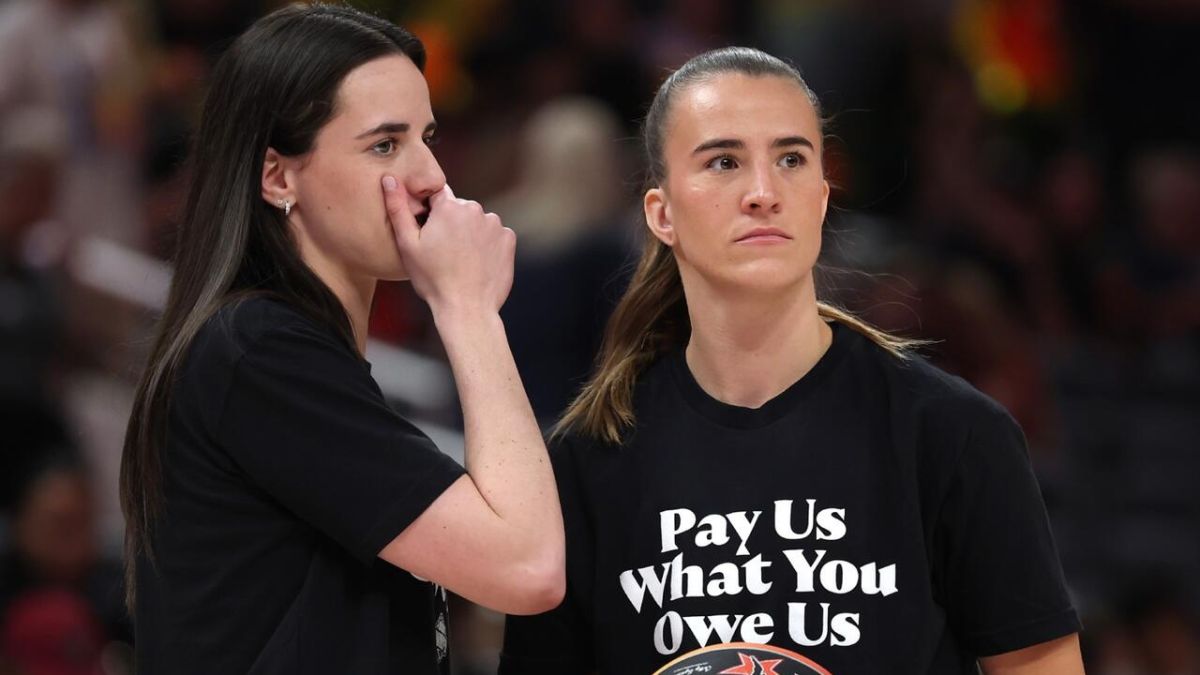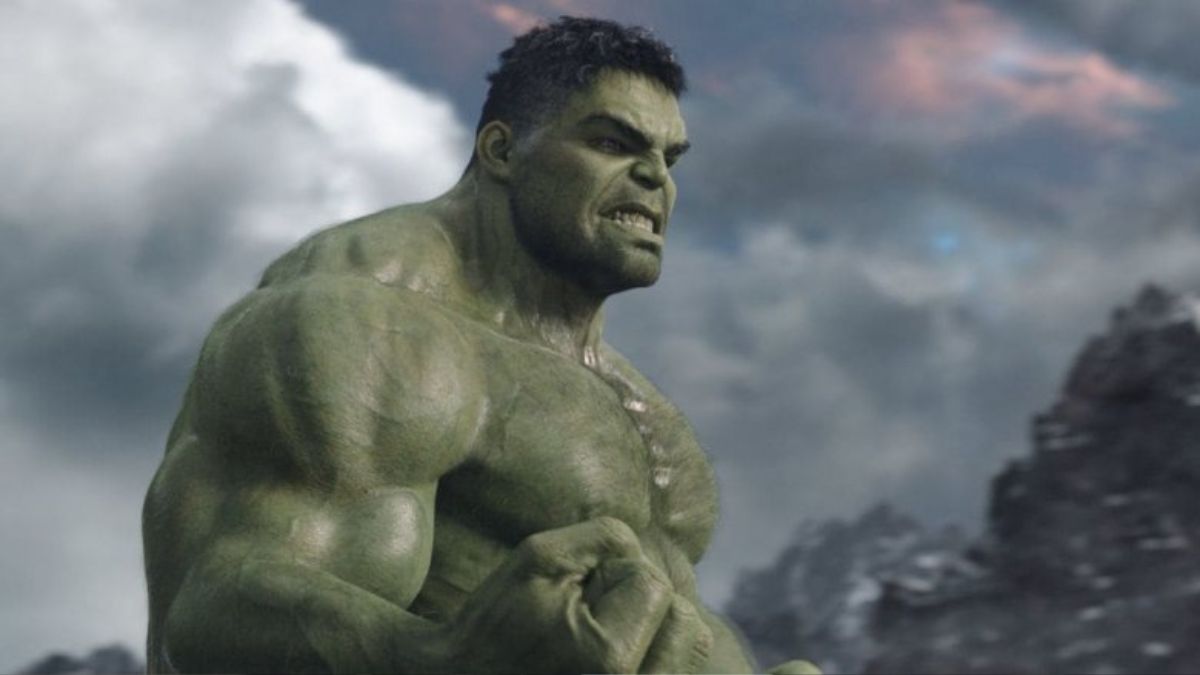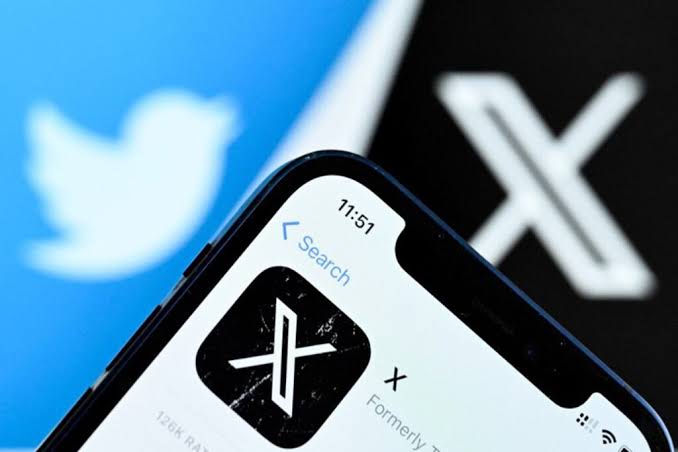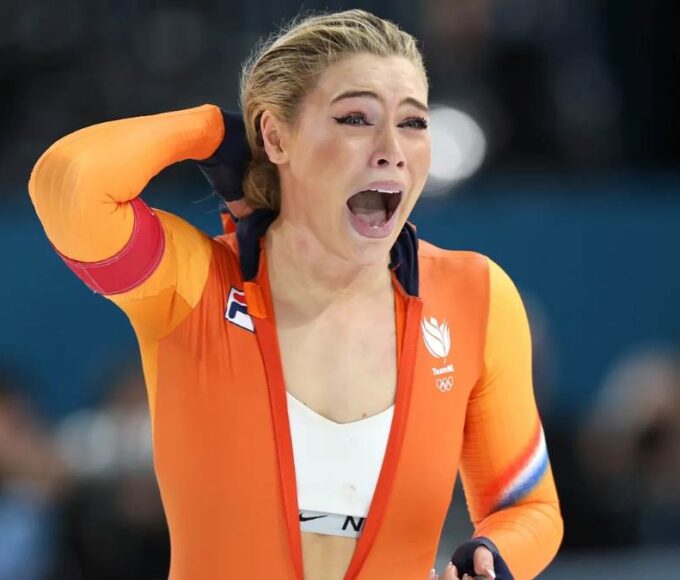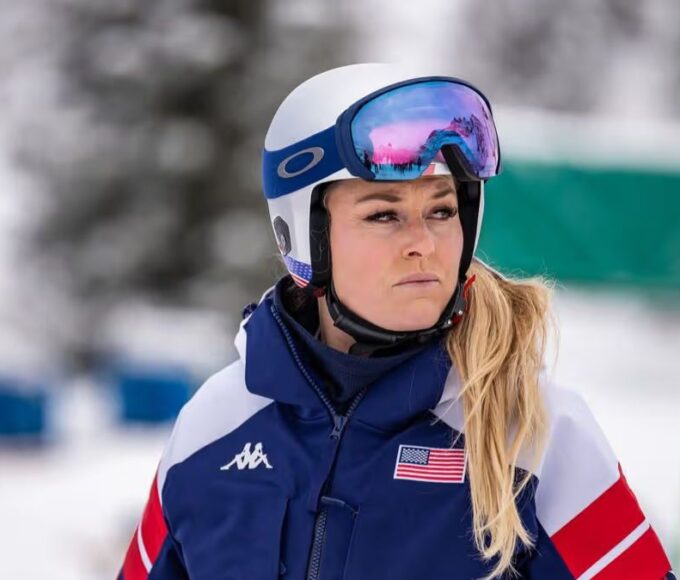On July 21, 2025, several WNBA players wore T-shirts reading “Pay Us What You Owe Us” during warm-ups at the WNBA All-Star Game. The protest highlights ongoing tensions over contract negotiations between the league and its players.
The WNBA and its players have been in dispute since October 2024, when the current collective bargaining agreement (CBA) expired. The players are seeking higher salaries, better benefits, a softer salary cap, and a more favorable revenue-sharing model. This push follows record attendance and increased TV ratings in 2024.
However, the WNBA has yet to turn a profit in its 29-year history and remains financially dependent on the NBA. In 2024, the NBA generated $11.3 billion in revenue, while the WNBA brought in $710 million. The WNBA overall lost $40 million last year, despite rising viewership.
One significant boost to the league’s popularity comes from star player Caitlin Clark. Her skills and the controversies surrounding her on the court have attracted a larger audience. WNBA viewership nearly doubled from 500,000 in 2023 to 1.1 million in 2024, but ratings dropped 55% when Clark was injured in May.
Ticket sales have also reached a 22-year high, averaging 9,800 fans per game in 2024, but still remain below NBA averages of 18,700 fans per game. WNBA ticket prices range from $20 to $150, while NBA tickets average $97 to $500 or more.
The league and players remain at odds over pay and conditions. Some voices within the league have criticized the protest’s organization and highlighted internal divisions among players.
The WNBA’s financial challenges and reliance on NBA support continue to shape discussions around fair player compensation.


